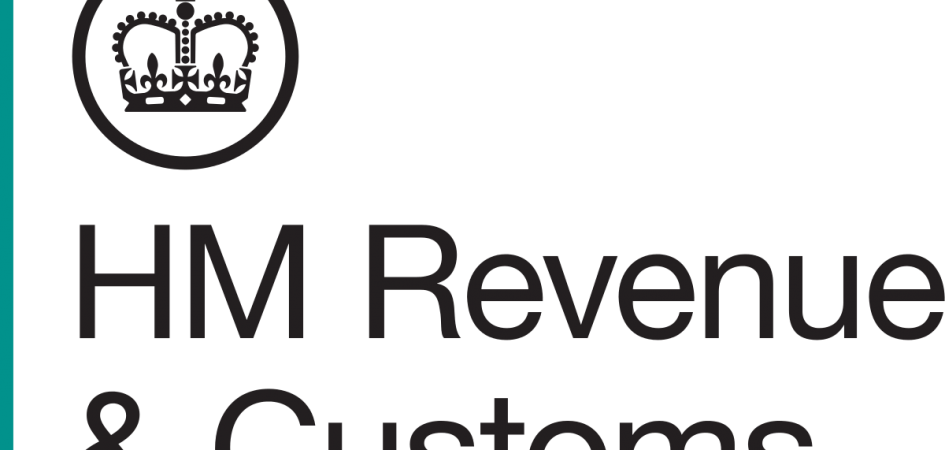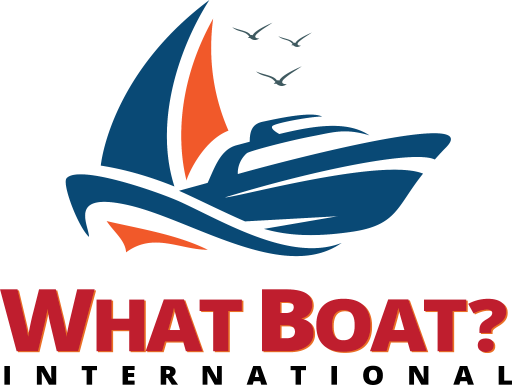
Published on: 04 September 2023

HMRC is consulting on the Temporary Admission (TA) procedure which, in simple terms, allows goods to enter the UK without the requirement for VAT and customs duties to be paid. However, certain circumstances require more formal documentation and potentially a guarantee or bond. HMRC is seeking evidence and examples from businesses as to how the TA procedures could be improved and simplified.
Informed by a series of 1-2-1 discussions, we have identified areas for consideration, including potential proposals, as summarised below that could assist our sector. We would welcome your views to help finalise our response to HMRC.
Please email your views to publicaffairs@britishmarine.co.uk by close of play on Friday 15 September. Please include any examples of difficulties you may have encountered regarding TA, in addition to your thoughts on the points below and any further ideas you may have on how the TA system could be improved.
Initial issues identified by British Marine to date
-
Private Vessels – Documentation: Provided the relevant conditions are met, a vessel may enter the UK under ‘declaration by conduct’. There is no formal or ‘oral’ declaration mechanism available as there is in many EU countries, whereby the entry (and subsequent departure) is properly authorised and documented (referred to as Article 165). Whilst there is a requirement on private vessels to submit C1331/sPCR for entry / departure into / from the UK, this is primarily for the benefit of Border Force and does not provide sufficient control or confidence for HMRC VAT and customs purposes.
Therefore, we would propose the use of a document similar to the EU Article 165-type for private vessels seeking TA or a substantively reworked C1331 / sPCR that would have genuine duality of purpose. This would improve control and provide the owner/user with a recognised document to present if challenged. Such a document would also prove extremely useful for brokers in subsequent sales and disposals, in being able to demonstrate and support the provenance of the vessel and its movements, providing additional assurance as to its credentials for VAT & Customs purposes. - Private Vessels – Parts & Equipment: Where goods, parts and equipment arrive in the UK separately from a yacht that is already here on TA, how must they be ‘imported’? Further clarification is needed as to the eligibility and mechanism by which such goods enter the UK, linked or referenced to the vessel. If there were a formalised and documented system for vessels entering the UK under TA, that then could be used to link and reference any subsequent entry of parts and equipment.
-
Private Vessels – Sales General: Currently TA rules preclude the use of customs relief where a vessel is brought in for the purposes of sale, nor is the sale of a vessel whilst under TA permitted. These restrictions severely hamper owners and brokers. As the UK is no longer part of the larger EU territory this is having a significant impact on the UK market. Furthermore, it is unclear whether a UK broker is allowed to list and actively market a vessel that is in the UK under TA whilst still in the private use of the owner. Previously there was a scheme operated by ABYA on behalf of HMRC that went some way to addressing these issues; whilst technically a flexible customs warehouse type arrangement, we would propose consideration is given to a similar, virtual, scheme that would effectively be a hybrid TA / customs warehouse mechanism. This would allow authorised brokers and distributors to register vessels on behalf of owners, control and monitor the whereabouts and location, yet maintain presence in the UK under TA, allowing marketing and, (hopefully) sale. Discharge / release would then be either:
- Into free circulation in the UK, with the VAT being paid; or
- Sold as export and departs the UK (but see also below); or
- Released back to the owner (non-UK res) under TA.
-
Private Vessels – Sales: Non-UK Buyers EU VAT legislation currently allows zero-rated sales of vessels that are exported from the UK, either direct (any customer, supplier arranges removal), indirect (no-UK business only, buyer collects) or Sailaway Scheme (private non-UK only, has to be sailed away and leave within six months).
If a non-UK customer intends to use the vessel for private use in the UK he may be entitled to re-enter under TA. However, that would still require the vessel having to physically leave the UK, make landfall at a third country before returning to the UK.
We suggest consideration is given to a mechanism similar to that used in some EU countries whereby, provided the customer is eligible for TA, the customer formally registers that TA without being required to physically leave and then return. This would mean that a vessel is immediately identified and trackable, whereas currently there is no record other than the hit/miss C1331 on re-entry. Moreover, it would remove the cost and stress of departure and return, making the UK far more attractive for potential customers. This could be linked into the above system where the vessel is pre-owned. - Private Vessels – Sales: UK Vendors A significant post-Brexit issue is that UK owners with vessels in the EU (potentially VAT-paid), are unable to return to the UK without VAT being paid – possibly for a second time – as they are not eligible for Returned Goods Relief (RGR). This deprives both the owner of a wider market and UK brokers of potential sales, and consequently HMRC of further revenue. Therefore, we would propose allowing UK brokers to bring such vessels into the UK to market and potentially sell, we suggest by including them in the scheme proposed in 1. above.
- Private Vessels – UK Owners: Ever since the announcement of Brexit there has been a debate with HMRC about the ability to ‘grandfather’ pre-Brexit VAT-paid boats. The door has remained firmly closed on a type of ‘Repatriation Relief’. However, we think there is scope to devise a ‘special purpose’ TA to allow UK residents who can demonstrate their vessel was VAT-paid prior to Brexit (but where they are not eligible for RGR) to use the vessel within the UK. There would need to be formal registration and conditions applied, such as no sale or disposal allowed, unless put into free circulation with the VAT then paid.
- Trade Activity – Events/Shows: Technically a boat on a private TA should not be exhibited at a trade show nor offered for sale. However, it is beneficial for distributors and brokers to be able to exhibit such boats at shows to demonstrate a boat that is being used and enjoyed by the owner, with a potential for future sales. In addition, currently there is no TA relief available for boats brought into the UK by distributors for sale or show, e.g. from Europe to Southampton, other than for a commercial TA with associated deposits or financial guarantees. HMRC’s current/proposed relief cannot apply in those circumstances as ‘commercial use’ only includes the transport of persons or goods and, once again, the choice is only for TA with deposit or financial guarantee. Therefore, we would propose that HMRC relaxes the TA rules and /or introduce a special category to facilitate such circumstances, which again could be operated under the registration/monitoring procedure suggested above.
General Point – One of the biggest obstacles our sector faces is the ‘one size fits all’ approach HMRC has with its customs procedures. British Marine would like to see a more sector-driven/specific set of rules that acknowledges TA applies differently depending on the type of item and the circumstances under which it is being brought into the UK. The key to much of what we are proposing is, to hijack a recently overused phrase a ‘track and trace’ type system with a set of scenario-based conditions, policies and protocols, with a central e-registration mechanism to cover TA for private pleasure craft in the type of circumstances outlined above.
To help us accurately reflect your views and enable us to meet the Treasury’s tight timescales please share your thoughts with us by emailing publicaffairs@britishmarine.co.uk no later than Friday 15 September 2023

